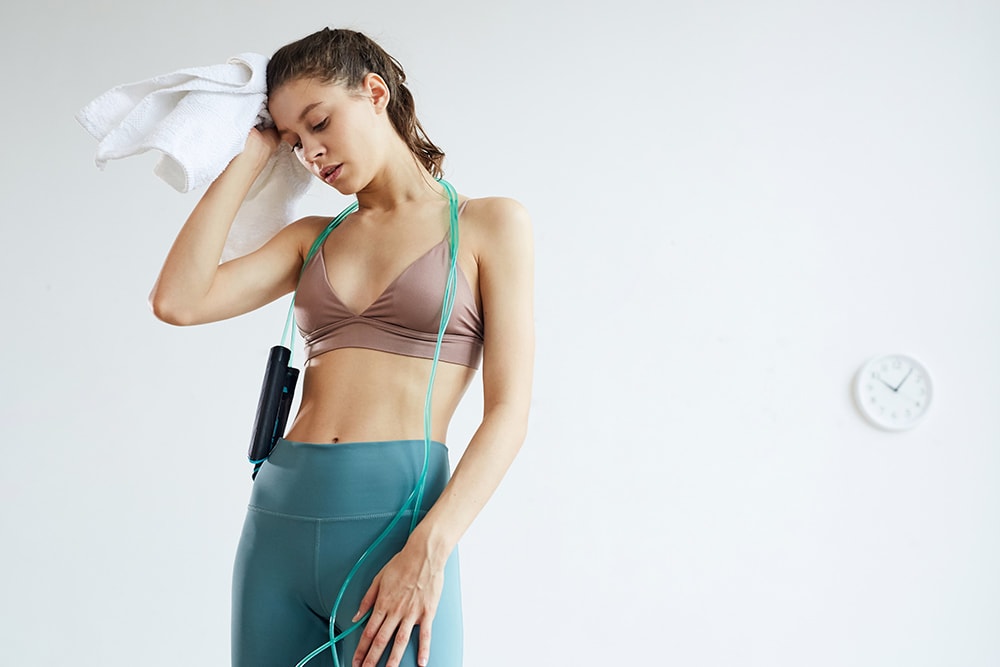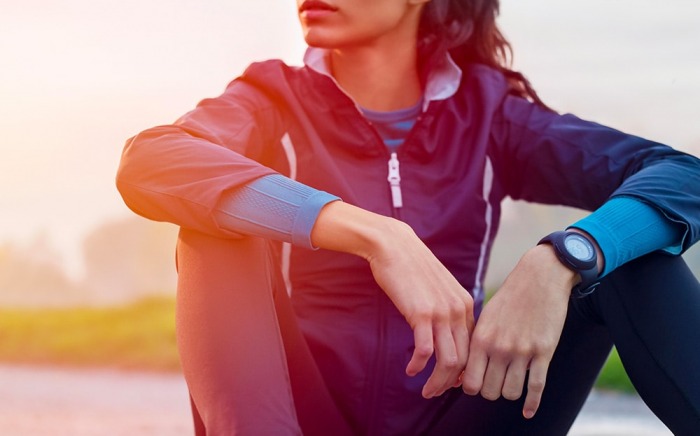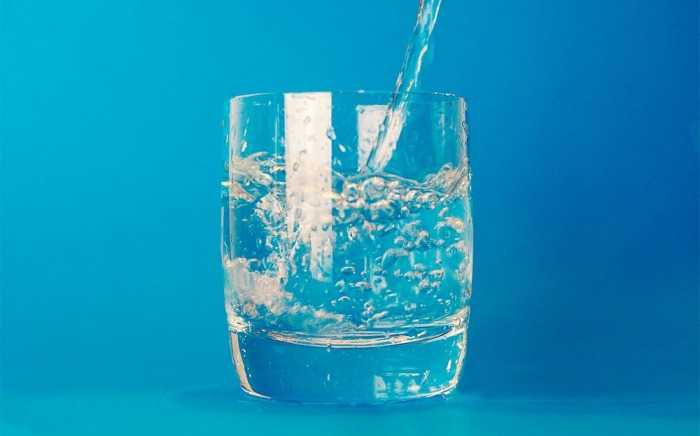Electrolytes Save the Day
In one of our previous articles, we explained about intracellular hydration and why it is important. With the hot weather quickly approaching, let us take a look now at what may happen if we don’t hydrate enough or properly.
You all know that the human body is composed of mainly water. The proportion of water in the body varies by person, from 50% to 80%, as stated on the Australian Health Direct website:
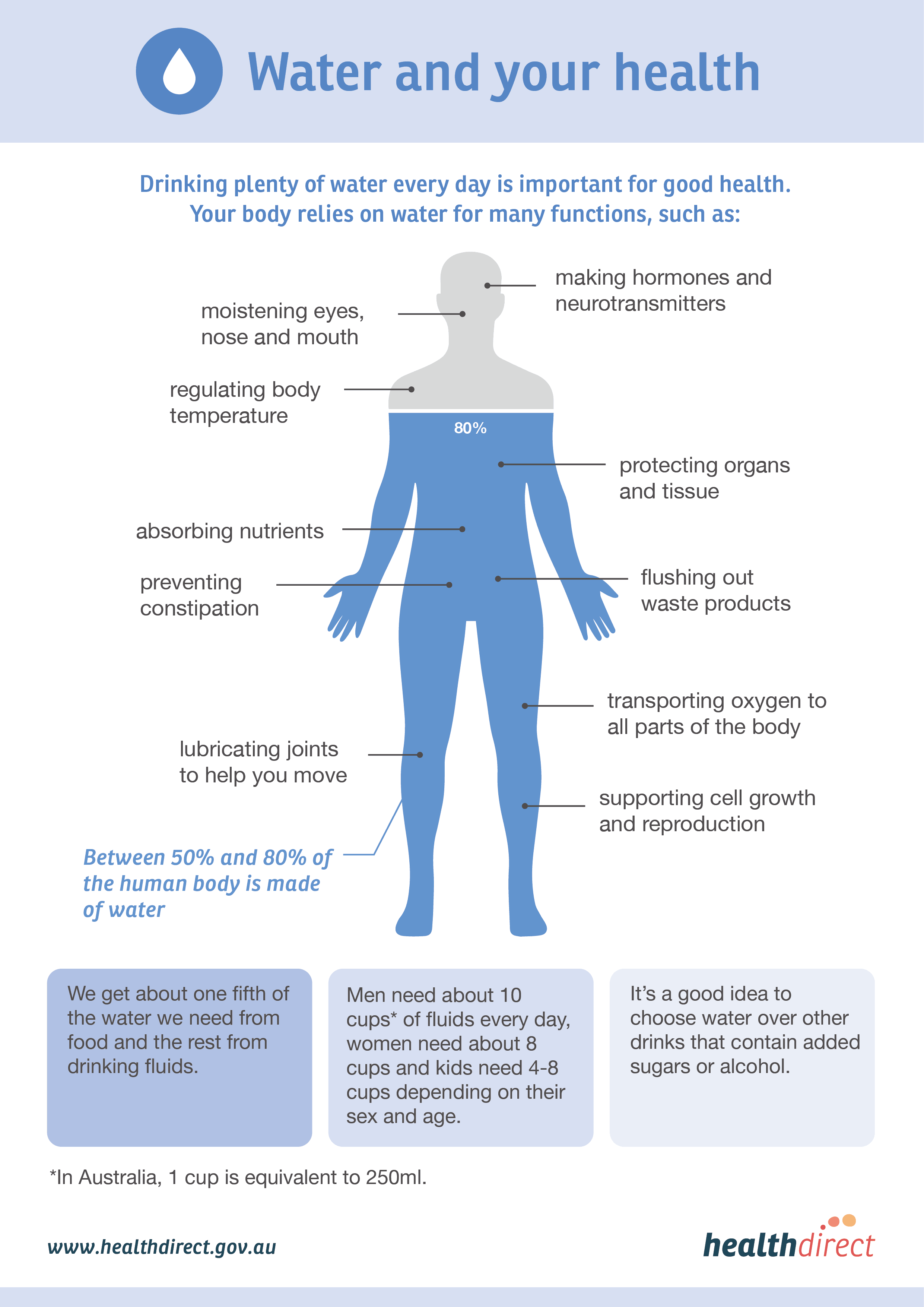
While the proportion may vary, the benefits of drinking water are the same for everybody and they are plenty: from moistening our eyes, nose and mouth, to supporting cell growth and reproduction, from lubricating the joints to making hormones and neurotransmitters, from absorbing nutrients to protecting organs and tissue, and so on, the list keeps growing. Water is indeed a wonder element of the natural world, the one without which life could not have existed.
However, sometimes water is just not enough to hydrate our bodies. The reasons can be many: either we are subject to whether too hot, or we exercise intensely in warm temperature and our body simply can’t take the water in as fast as the water goes out, or our body can’t absorb the water properly due to illness or age. When this happens, we need to give our body a helping hand, a bit of a push to be able to do its job.
This is when the drinks containing electrolytes come into play. A qualitative electrolyte drink, as the ones from SOS Hydration, can provide hydration 3 times better than regular drinking water. This great quality comes from years of research, of intimate knowledge on the intracellular hydration.
But what are the electrolytes and what do they do?
Electrolytes are chemical elements that are able to dissolve in water and give it the ability to conduct electricity. Remember we said that body cells need to be electrically charged in order to pull in water? Water itself doesn’t conduct electricity. It’s only when you add electrolytes to water that it can hold a charge, making it easier for the cells to absorb it. And it’s not only that. Your brain cells can only communicate with one another if they have enough electrical charge. Drinking plenty of electrolytes will help your cells communicate electrically, and this is really important.
What can happen if our body is not hydrated properly?
There might be cases where you drink the right amount of water and you are still dehydrated. Or you don’t hydrate properly at all, having a busy lifestyle. Or your medical condition requires that you take medicines that favour dehydration, like diuretics and laxatives. Your body will go on as usual for a while, but eventually you’ll start having one or more of the following symptoms:
- Dark Urine
- Lightheadedness
- Tiredness
- Irritability
- Feeling thirsty
- Loss of Appetite
- Fainting
When any of these happens, act quickly, and drink a lot of water. If the symptoms persist, call your doctor for appropriate medical advice.
You may want to know your level of hydration before any of these symptoms appear. One way to do that is to look at the colour of your urine. Not the most glamorous of the methods, but an effective one. Here is a simple chart from the same government site, showing what we should look for:
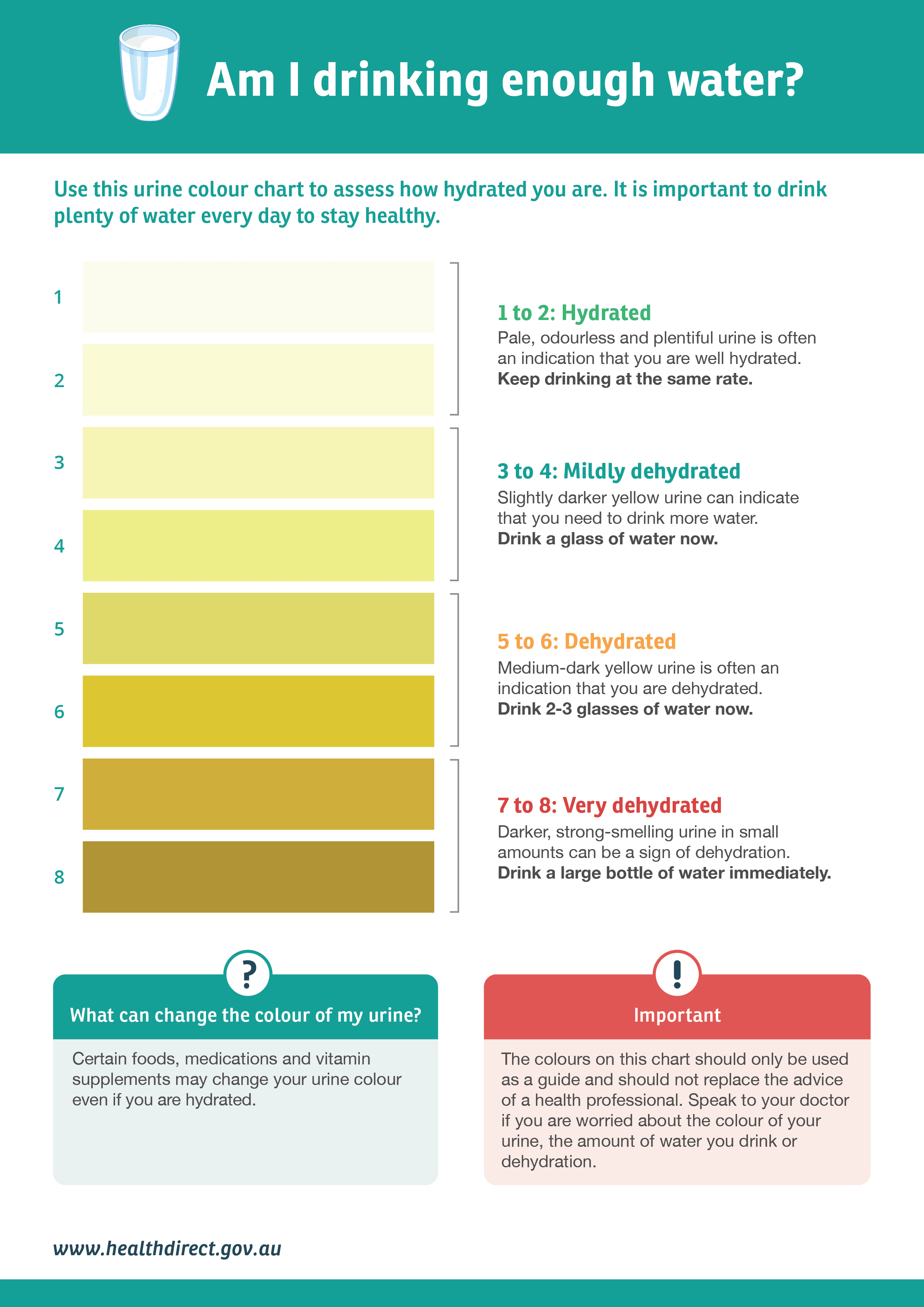
It’s very simple in fact: the darker the colour, the more concentrated your urine is, the less you are hydrated. The lighter the colour, the more diluted your urine is, the better your hydration level is.
When talking about proper hydration, taking into consideration the characteristics of the intracellular hydration we talked about, the importance of electrolytes intake cannot be understated.
The most important electrolytes are:
- Sodium
- Chloride
- Potassium
- Magnesium
- Calcium
Aim to have these elements balanced in your body by alternating your usual drinking water with electrolytes drinks. SOS Hydration drinks are among the most effective on the market, ensuring that you stay healthy and your hydration is maintained at the optimal level. To learn more about the characteristics of our drinks, please visit our online shop.
Image Source: https://www.healthdirect.gov.au/drinking-water-and-your-health


